Search
Did you mean: Script?
Search Results
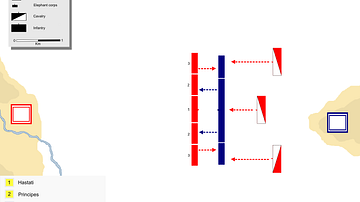
Image
The Battle of Zama - Cavalry Charge
The Battle of Zama (202 BCE). Scipio and Hannibal rearrange their troops in a single line and battle remains stalemate until Roman cavalry returns and attacks Hannibal's infantry at the rear.
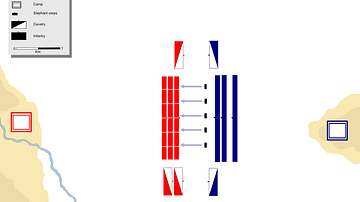
Image
The Battle of Zama - Start of the Battle
The Battle of Zama (202 BCE): Hannibal starts the battle with his war elephants charging at Roman front. Scipio orders his cavalry to blow loud horns to terrify the charging elephants. The panicked elephants turn at the Carthaginian left...
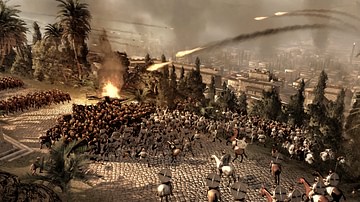
Article
Roman Artillery
Roman artillery weapons were instrumental in the successes of the Roman army over centuries and were especially used in siege warfare, both for offence and defence. Principally used in fixed positions or onboard ships, these machines, known...
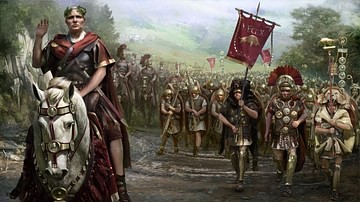
Lesson Pack
Roman Warfare & Battles
We have prepared five lesson plans including classroom activities, assignments, homework, and keys as well as: Multiple choice quiz questions in an excel format Glossary of keywords and concepts in an excel format Open questions adaptable...

Worksheet/Activity
Romans vs. Carthaginians - Text & Labelling
This activity has been designed to fit a 20-30-minute slot for your class and is suitable for both online and classroom teaching, as well as homeschooling. Students have to label the illustrations of Roman and Carthaginian soldiers, based...
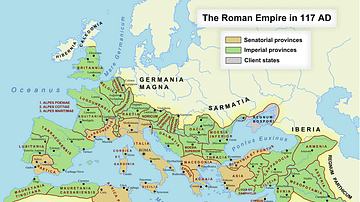
Article
The Extent of the Roman Empire
Time has seen the rise and fall of a number of great empires - the Babylonian, the Assyrian, the Egyptian, and lastly, the Persian. Regardless of the size or skill of their army or the capabilities of their leaders, all of these empires fell...
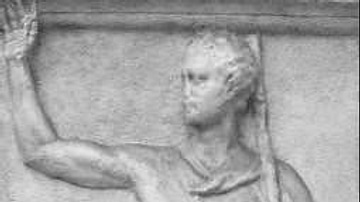
Definition
Polybius
Polybius (l. c. 208-125 BCE) was, whilst a Greek historian, a Roman historian, in that his work dealt with explaining how Rome came to be so great. Like the three Classical Greek Historians, Polybius himself had personal experiences and inquiries...

Collection
Battles of the Roman Republic
In this collection we look at some of the most significant battles that shaped the history of the Roman Republic. There were defeats such as at Allia River to the Celts in 390 BCE or at Cannae in 216 BCE when the Carthaginians led by Hannibal...
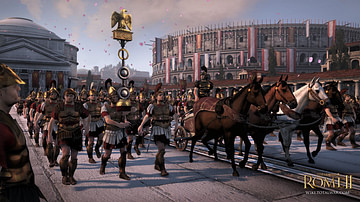
Definition
Roman Army
The Roman army, famed for its discipline, organisation, and innovation in both weapons and tactics, allowed Rome to build and defend a huge empire which for centuries would dominate the Mediterranean world and beyond. Overview The Roman...
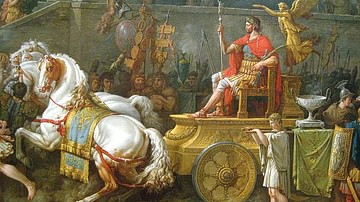
Definition
Battle of Pydna
The Battle of Pydna in June 168 BCE was a decisive Roman victory that ended the Third Macedonian War and established Rome as the dominant power in the Mediterranean. The Roman Republic was expanding, enlarging its sphere of influence along...